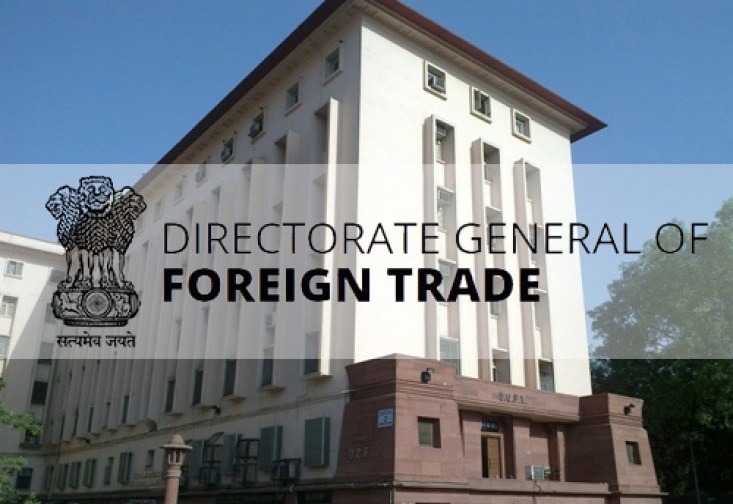
E-Commerce to get tax refunds at par with other exports : DGFT
NEW DELHI : The ministry of commerce is in talks with regulators and other departments to put in place systems that will level the field between exports through and traditional channels, when it comes to tax refunds, a senior official said Tuesday.
“A lot of policy tweaking is required. Most of our trade regulations are designed for business-to-business (B2B) interface but E-Commerce breaks that barrier and it is a scenario where B2C interface is higher,” Director General of Foreign Trade Santosh Kumar Sarangi said.
One big issue in exports through e-commerce, he said, is how sellers can get the benefit of remission of tax and duties, which traditional exporters do.
In 2025, global cross-border e-commerce exports will touch $2 trillion, as per an estimate. According to the foreign trade policy, India’s e-commerce export potential is in the range of $200 billion-$300 billion annually by 2030.
For cross-border trade, businesses have to register with the Indian Customs Electronic Gateway (ICEGATE), which is run by the Central Board of Indirect Taxes and Customs. This electronic system acts as an interface between trade users and the Customs department, and as a hub for exchanging information with external trading partners.
The record of shipping bills on ICEGATE show the value of exports and on that basis incentive, in the form of refund of duties and taxes paid during the manufacturing of the product is calculated. “Theoretically, tax remission is available to any exporter who is exporting with an IEC code. With regard to e-commerce, sometimes it may not be the producer who might be exporting, so the seller on record and exporter on record are different in e-commerce.”
“Nevertheless, whosoever is exporting is entitled to remission provided Electronic Customs Clearance System (ECCS) starts talking with ICEGATE and information flows to ICEGATE.
“As of date, we are in talks with the department of revenue, CBIC, to ensure that the ECCS and ICEGATE have an integrated system which will allow shipping bills to flow into ICEGATE,” Sarangi said.
“Similarly, the department of posts also provides e-commerce facilities and ensuring postal bill of exports also flows seamlessly into ICEGATE is also a requirement. So on all of this, we are working to ensure that systems start talking to each other. Once they start doing it, the export benefit will also flow into the hands of e-commerce exporters,” the DGFT said.
Apart from government departments, talks are also on with stakeholders including courier services and e-commerce players like Amazon, Flipkart and ebay to ensure that the e-commerce ecosystem is strengthened, he said.
The government expects that while exporting through e-commerce, 15%-20% of products may get returned. This is different from regular B2B exports where the entire consignment is rejected and not just a part.
“We have to build in regulations and we have to build in principles which will facilitate these kinds of issues specific to e-commerce. For this we are working with RBI, the department of revenue, department of posts, banks and e-commerce players,” Sarangi said.
The policy has announced many steps that would be taken to make exports through e-commerce easy.
